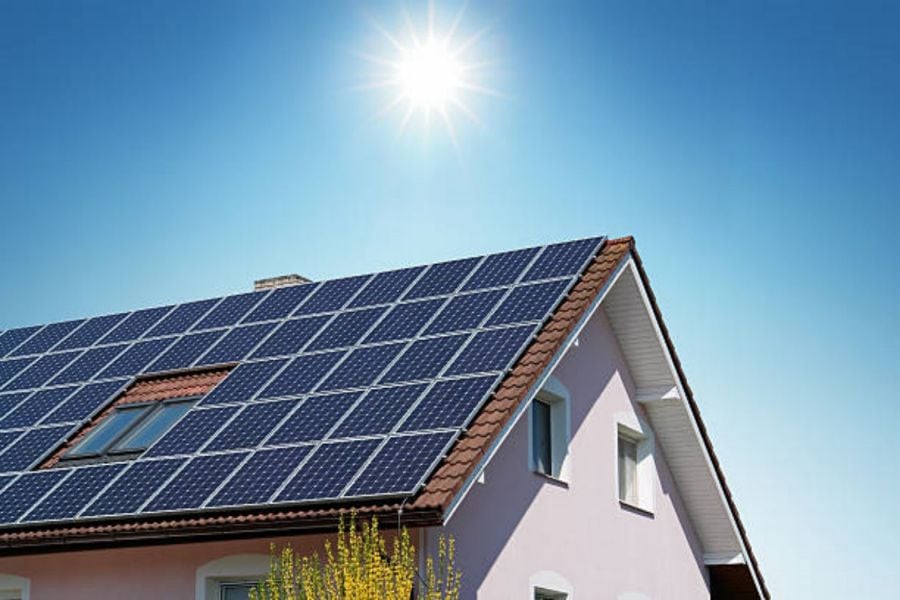1. The Benefits of Flexible Solar Panels
Flexible solar panels are a revolutionary solution for harnessing solar energy. Unlike traditional rigid panels, these flexible variants offer numerous advantages. Their lightweight and thin design allow for easy installation on various surfaces, from curved structures to vehicles. Flexible solar panels also have a higher resistance to impact, making them more durable. Additionally, they have a higher energy conversion efficiency, ensuring maximum power output for your renewable energy needs.
2. Factors to Consider Before Making a Purchase
When considering buying flexible solar panels, it is crucial to evaluate several factors. Firstly, determine the power output and efficiency of the panels. Higher wattage and efficiency ratings ensure optimal energy generation. Next, assess the panel's flexibility and durability, as these qualities are essential for adapting to diverse installations and withstanding environmental conditions. Additionally, consider the warranty period offered by the manufacturer to ensure long-term support for your investment.
3. Understanding Different Types of Flexible Solar Panels
There are various types of flexible solar panels available in the market. Monocrystalline, polycrystalline, and thin-film panels are the most common options. Monocrystalline panels are known for their high efficiency and sleek appearance, making them ideal for residential and commercial applications. Polycrystalline panels offer a cost-effective solution with slightly lower efficiency. Thin-film panels, on the other hand, are lightweight and flexible, making them suitable for portable and off-grid applications.
4. Evaluating Installation Options
Flexible solar panels offer a wide range of installation possibilities. They can be adhered directly to surfaces using adhesives, making them suitable for curved structures and vehicles. Some panels also come with grommets or eyelets for easy mounting. Additionally, flexible solar panels can be integrated into flexible roofing materials, such as shingles or membranes, providing a seamless and aesthetically pleasing solar solution.
5. Understanding the Cost and Return on Investment
The cost of flexible solar panels can vary depending on factors such as size, brand, and efficiency. While they may initially seem more expensive than traditional panels, the long-term benefits outweigh the initial investment. By generating your own clean energy, you can reduce or eliminate your electricity bills and potentially earn money through net metering or feed-in tariff programs. When calculating the return on investment, consider the panel's lifespan, energy savings, and available incentives.
6. Environmental Impact and Sustainability
One of the key advantages of flexible solar panels is their positive impact on the environment. By harnessing solar energy, you reduce your reliance on fossil fuels and contribute to reducing greenhouse gas emissions. Additionally, the manufacturing process of flexible solar panels has a lower carbon footprint compared to traditional panels. Investing in renewable energy solutions like flexible solar panels aligns with sustainability goals and helps create a cleaner and greener future.
7. Maintenance and Care Tips
To ensure the longevity and optimal performance of your flexible solar panels, regular maintenance is essential. Cleaning the panels with water and a non-abrasive sponge or cloth helps remove dirt, dust, and debris. Avoid using harsh chemicals or abrasive materials that may damage the surface. Regularly inspect the panels for any signs of damage, such as cracks or delamination, and promptly address any issues. Following the manufacturer's guidelines and recommendations will help maximize the lifespan of your investment.
8. Choosing a Reliable Manufacturer
Selecting a reputable and reliable manufacturer is crucial when buying flexible solar panels. Look for manufacturers with a proven track record in the industry and positive customer reviews. Check if they have certifications and compliance with industry standards, ensuring the panels meet quality and safety requirements. Additionally, consider manufacturers that offer comprehensive warranties and excellent customer support to address any concerns or issues that may arise.
9. Exploring Additional Features and Accessories
Some flexible solar panels come with additional features and accessories that enhance their functionality. These can include built-in charge controllers, USB ports, or junction boxes, allowing for easy integration with power storage systems or electronic devices. Consider your specific requirements and explore the available options to find the panels that best suit your needs and offer the desired additional features.
10. Making an Informed Purchase
Before finalizing your purchase, conduct thorough research and compare different brands and models of flexible solar panels. Consider the factors discussed in the previous paragraphs and evaluate the overall value, quality, and compatibility with your intended application. By making an informed decision, you can confidently invest in flexible solar panels that will provide long-term renewable energy solutions and contribute to a sustainable future.

